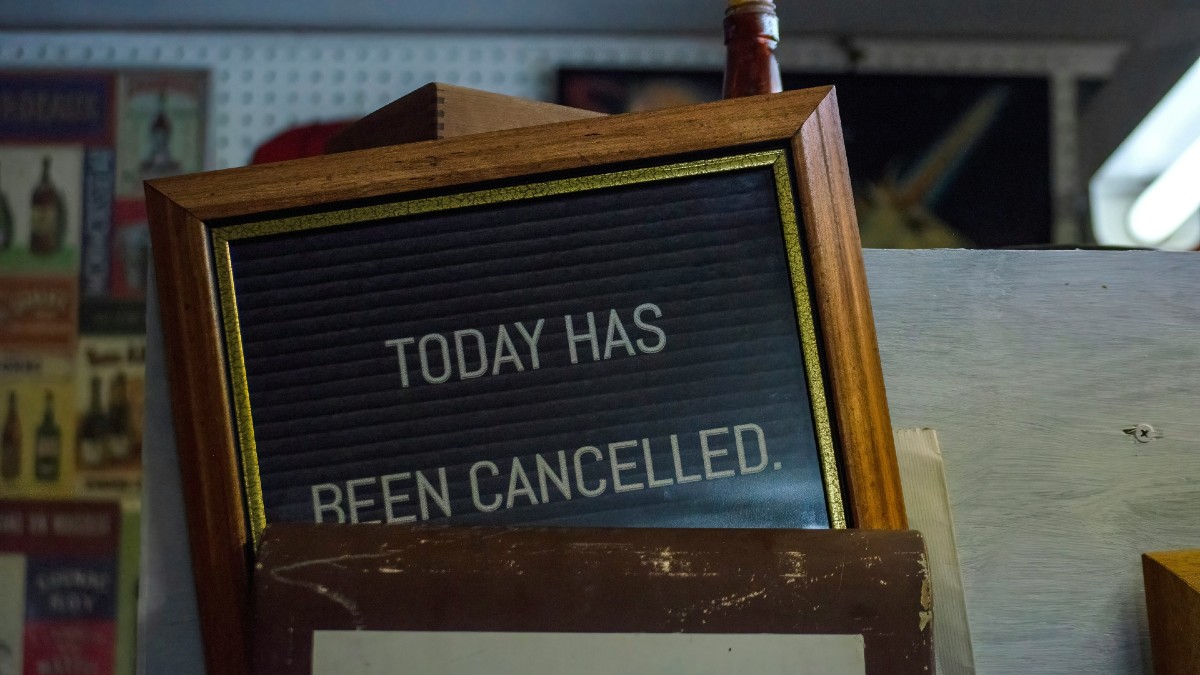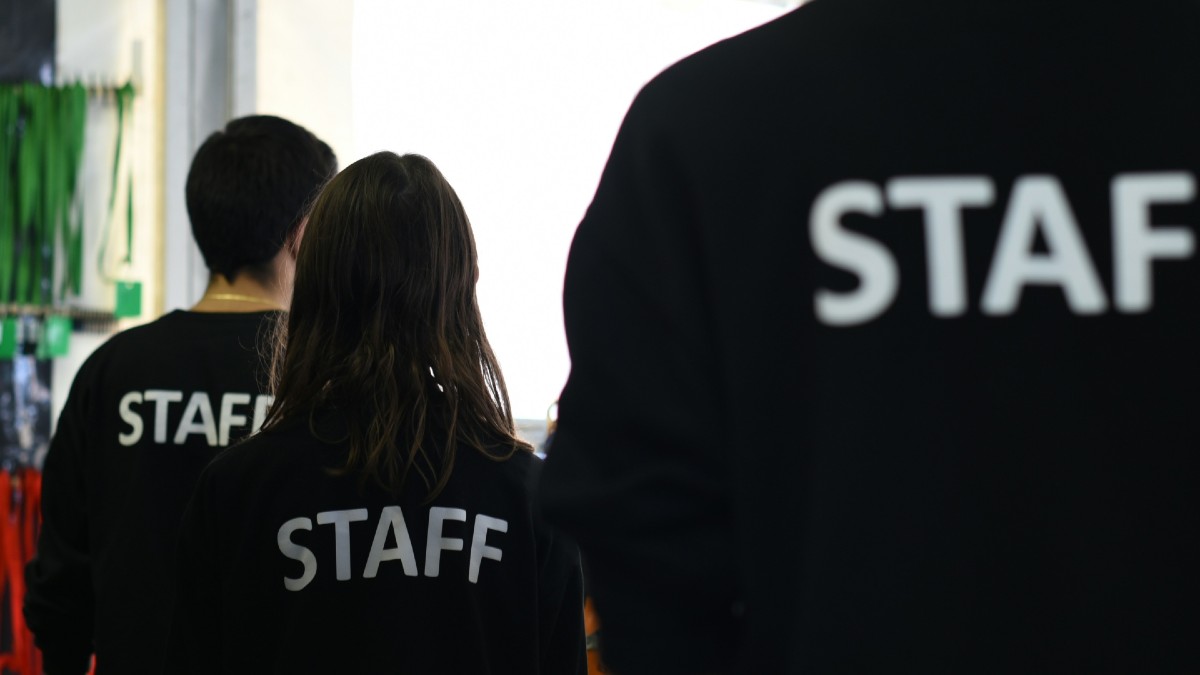
Written by: Cara Tirona
July 30, 2025
Planning an event during peak seasons can be challenging, with high demand for venues, vendors, and services. Whether you’re organising a corporate event, a holiday party, or a wedding, peak season event planning requires strategic preparation to secure the best options and stay within budget. Here are six essential tips to help you navigate high-demand months and execute a successful event.
1. Start Early with Your Planning
One of the most crucial steps in planning an event during peak seasons is to start as early as possible. High-demand periods often lead to limited availability of venues and services, so locking in your preferred choices quickly is key. Aim to begin your planning process at least six to twelve months in advance, if possible. This will give you ample time to:
- Research and compare different venues
- Reach out to potential vendors
- Helps lock in better rates and ensures you get your preferred location
- Some venues offer early booking discounts, reducing overall costs
- Secure contracts before they book up
Starting early not only increases your chances of finding the perfect venue and the best vendors but also alleviates the stress of last-minute decisions.
2. Set a Realistic Budget
Budgeting during peak seasons can be tricky, as prices often inflate due to high demand. To navigate this challenge, create a detailed budget outlining all potential costs, including venue rental, catering, decorations, and entertainment.
- Prioritise Your Needs: Determine which aspects of the event are non-negotiable and which areas may have some flexibility.
- Research Prices: Spend time comparing vendor quotes and venue rental fees to get a sense of what the market looks like during peak times.
- Include a Contingency: Set aside a portion of your budget for unexpected expenses. This contingency fund will help you manage any overages or last-minute purchases without derailing your overall financial plan.
- Track Your Expenses: Use budgeting tools or spreadsheets to help monitor your spending as you make purchases. This will ensure that you remain within your budget and can make adjustments if needed.
By setting a realistic budget and sticking to it, you can better control your event's costs and make informed decisions that enhance its overall quality.

3. Be Flexible with Dates and Times
Flexibility can be your greatest asset when planning an event during peak seasons. If you can adapt your date or time, you may find more options available at a lower cost. Here are some strategies to consider:
- Consider Alternative Locations: Venues in less tourist-heavy or suburban areas may be available at lower rates compared to popular city centre locations. Exploring venues slightly off the beaten path can not only save you money but may also provide a unique and charming setting for your event.
- Choose Off-Peak Days: If possible, consider scheduling your event on a weekday or during the early part of the week (Monday to Thursday). Venues and vendors often experience less demand on these days, leading to better rates and availability.
- Adjust Your Timeline: If you can slightly shift your event to avoid major holidays or popular weekends, you may secure better deals and reduce competition for services. For example, if you’re planning a wedding, consider a Friday or Sunday rather than the traditional Saturday.
- Leverage Seasonal Trends: Be aware of the seasonal trends associated with your event. For example, if you're planning a wedding, consider the off-season months when florists and caterers may be trying to fill their calendars. This can open doors to unique services and potentially reduced pricing.
Flexibility with your event date and time not only provides financial relief but also increases your chances of securing your desired venue and vendors. By being open to alternative arrangements, you can craft an unforgettable event without the added stress of competing with other high-demand events.
4. Work with Reliable Vendors
Choosing the right vendors can make or break your event, especially during peak seasons when demand is high. Here are some tips to ensure you collaborate with trustworthy professionals who can deliver quality results:
- Research and Reviews: Start by conducting thorough research on potential vendors. Look for websites, social media pages, and platforms like Yelp or Google Reviews to gauge their reliability and customer satisfaction. Pay attention to feedback from previous clients, focusing on comments regarding professionalism, communication, and the quality of work delivered.
- Seek Recommendations: Reach out to friends, family, or colleagues who have hosted events in the past. Personal recommendations often lead to discovering dedicated vendors who may not heavily advertise. Additionally, consider contacting local event planners, as they typically have established relationships with reliable vendors.
- Schedule Meetings: Once you've shortlisted potential vendors, schedule meetings or consultations. These face-to-face interactions allow you to assess their professionalism and enthusiasm for your event. Prepare a list of questions to discuss their experiences, availability, and how they handle peak season challenges.
- Review Portfolios: For vendors such as photographers, florists, and caterers, reviewing their portfolios is crucial. This helps you understand their style and what to expect in the final product. Look for variety in their work to see how they handle different themes and client expectations. This will help you determine if their style aligns with your vision.
- Check Availability Early: Peak seasons can see vendors getting booked months in advance. Once you've identified your top choices, check their availability as soon as possible. If they’re already booked for your desired date, ask if they have alternate dates available or can recommend other reliable vendors.

5. Send Invitations and Confirm RSVPs Early
Sending invitations and confirming RSVPs is a pivotal step in event planning, particularly during busy seasons when guests might have multiple commitments. Here’s how to effectively manage this aspect:
- Choose the Right Format: Decide whether to send physical invitations, digital invites, or a combination of both. Digital invites can be more convenient and quicker to distribute, while physical invitations give a personal touch. Consider your audience and the formality of your event when making this choice.
- Provide Clear Details: Ensure your invitations clearly outline essential information such as the event date, time, location, and any special instructions (such as dress code or items to bring). This clarity helps avoid confusion and encourages faster responses from your guests.
- Offer an Easy RSVP Method: Make it as simple as possible for guests to respond. Include multiple ways to RSVP, such as by phone, email, or through an online platform. Clearly state the RSVP deadline to create a sense of urgency, prompting quicker responses.
- Follow-Up: As the RSVP deadline approaches, don't hesitate to send polite follow-up messages to those who haven’t responded. A friendly reminder can jog their memory and encourage them to confirm their attendance, helping you get a clearer headcount.
- Track Responses: Create a spreadsheet or use online tools to keep track of who has responded, who has declined, and who is still pending. This will help you manage your guest list efficiently and make necessary arrangements, such as seating arrangements and catering numbers, based on confirmed attendees.
- Be Mindful of Timing: Aim to send out invitations well in advance—ideally six to eight weeks before the event. This timeframe allows guests ample opportunity to adjust their schedules, particularly during peak seasons when they may have prior commitments.
- Personalise Your Outreach: Whenever possible, personalise your invitations or communications. A handwritten note or a personal message can make guests feel valued and more inclined to attend. Tailoring your message also shows that you put effort into planning a great event.
- Incorporate a Save-the-Date: For particularly large or important events, consider sending a save-the-date card ahead of the official invitations. This is especially useful for weddings or milestone celebrations, giving guests an early heads-up to keep the date free.
Creating a Corporate Event Guest List: Who to Invite?
How to Craft the Perfect Corporate Event Invitation: Dos and Don’ts

6. Prepare for Last-Minute Changes and Logistics
Even with the best planning, last-minute changes can and often do happen. Being proactive in preparing for these changes can significantly reduce stress on the day of the event. Here are some strategies to help you handle unforeseen circumstances smoothly:
- Anticipate Potential Challenges: Before the event, think about possible challenges you might face, such as weather conditions, vendor delays, or unexpected guest cancellations. Preparing contingency plans allows you to respond quickly and effectively when surprises arise. For instance, if your event is outdoors, have an indoor backup location ready, or a plan for tents and other covered arrangements.
- Communicate with Vendors: Regular communication with all vendors is essential as the event approaches. Confirm details and timings a week before the event, including catering, audio-visual equipment, and entertainment. This communication helps ensure everyone is on the same page and ready to adapt to any changes that may be required. Additionally, have a point of contact for each vendor who can help troubleshoot issues quickly on the event day.
- Create a Detailed Event Timeline: Having a comprehensive timeline that outlines every detail of the event helps keep everything on track. Include key elements such as setup times, when vendors need to arrive, and when different segments of the event will take place.
- Include Buffer Times: While it’s important to keep things on schedule, unexpected delays are common. Allow buffer times between activities and vendor arrivals to accommodate any unforeseen circumstances. This flexibility helps prevent stress and allows you to address last-minute changes without derailing the entire event.
Conclusion: Make Peak Season Event Planning Stress-Free
While peak season event planning comes with challenges, proper preparation, early bookings, and strategic budgeting can make your event a success. Whether it’s finding the right venue, securing reliable vendors, or handling last-minute changes, these tips will help you navigate busy event months with confidence.
Need help finding the perfect venue for your peak-season event? VenueNow makes it easy to compare, book, and secure top venues. Explore your options today!
Looking for an event venue to hire?
VenueNow has you covered with over 2,000 venues across Australia ranging from large event spaces to small meeting rooms. Find your perfect venue for hire faster than anywhere else.
Follow us on social media to stay up to date with the latest news
Customers
Want to get in contact?
Call our support team on 1300 647 488 during business hours AEST.
Follow Us
© Copyright VenueNow 2026 | SPARE GROUP PTY LTD | ABN 22 607 830 302











